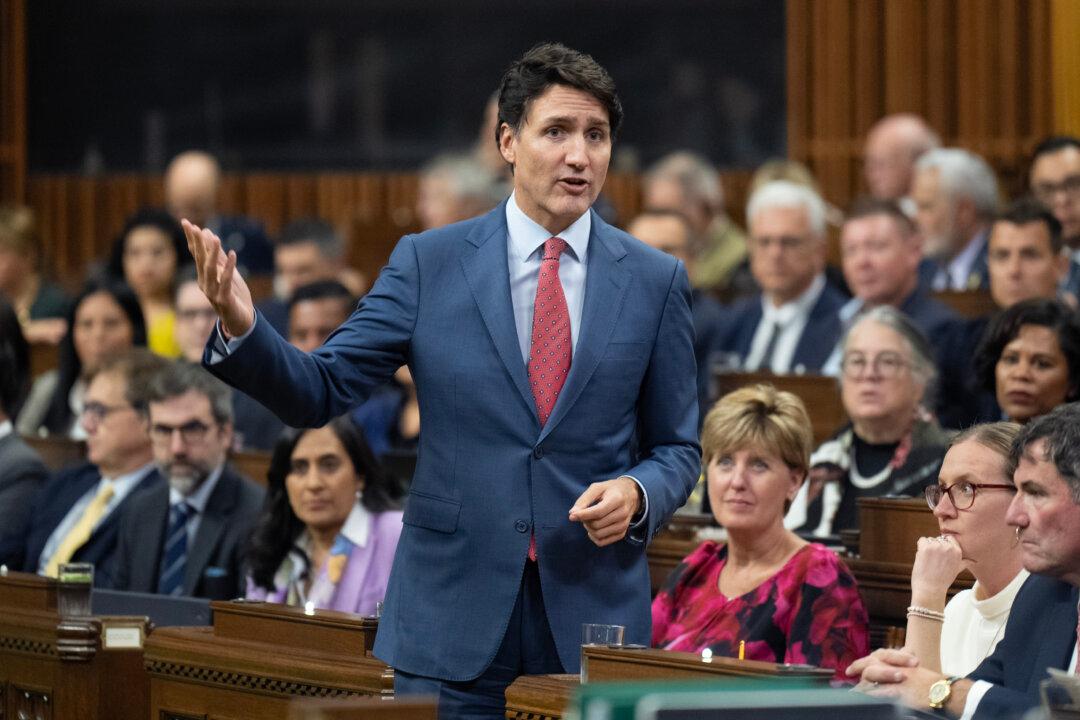The federal government has announced it will cut the number of permanent residents allowed into Canada over the next three years.
Canada’s immigration targets will fall from 500,000 new permanent residents in both 2025 and 2026, instead being changed to 395,000 in 2025 and 380,000 in 2026. It will drop to 365,000 in 2027.





